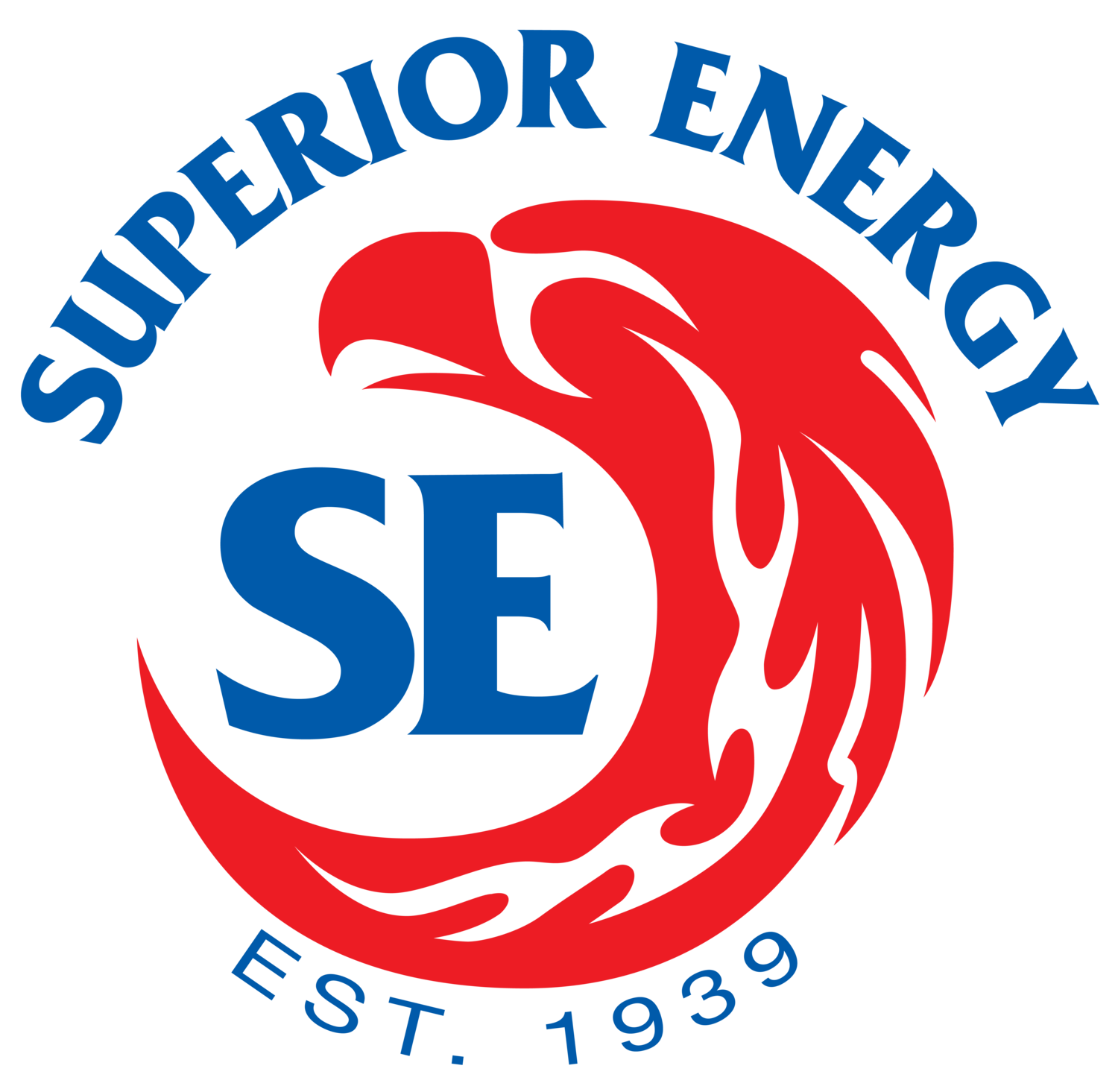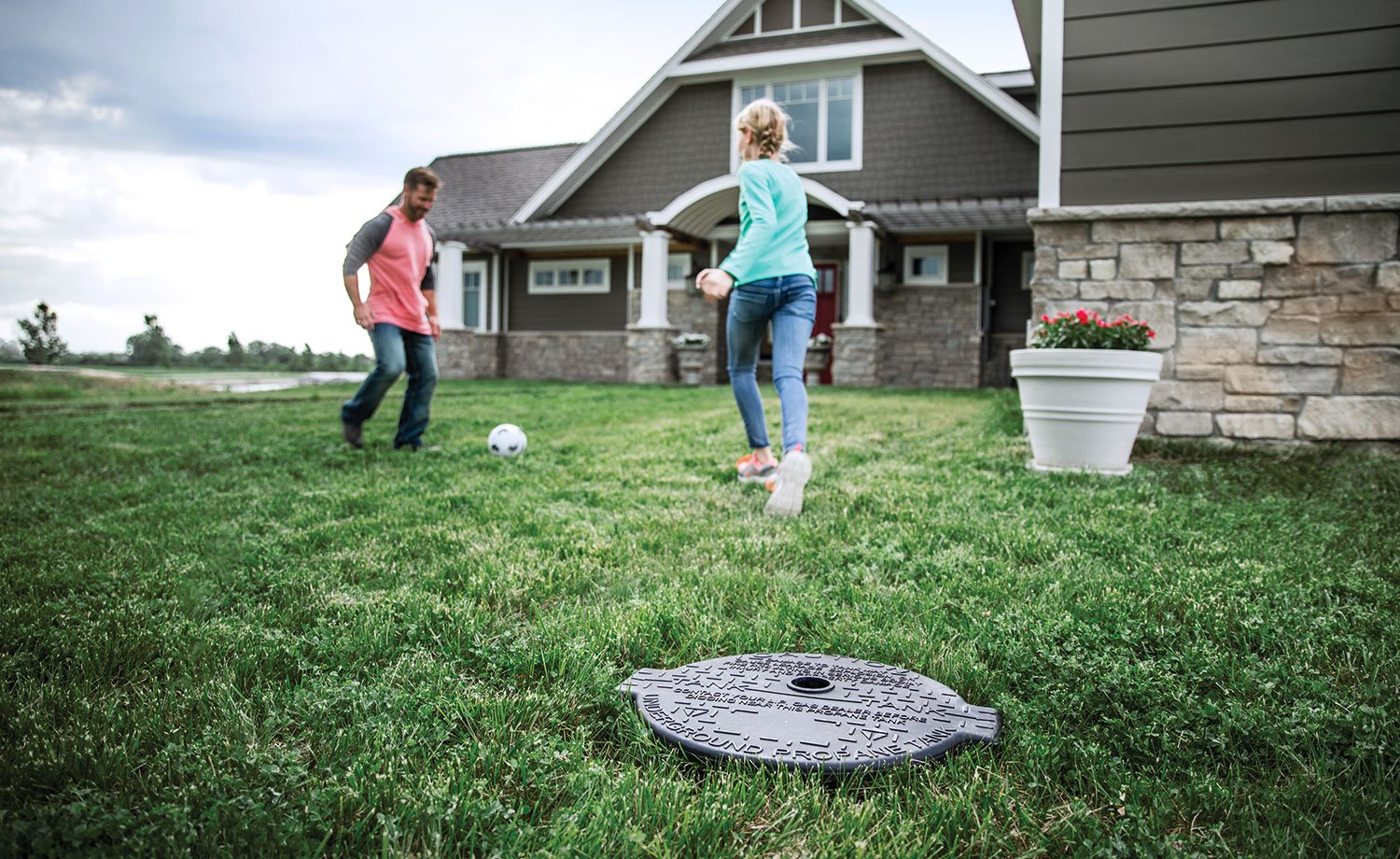One Trusted Provider: Accountability Keeps You Safe
Propane is efficient and dependable—but, just like all major home utilities, only when properly maintained. When multiple vendors handle a system, responsibilities can blur, increasing risk.
Owning vs. Leasing your propane tank: What’s the Difference in Safety?
Leasing makes safety simpler by giving one provider full responsibility for your system. Homeowners who own tanks can stay safe, too—with clear documentation and routine professional inspections. The key is consistent oversight.
Why leasing your tank is safer (and simpler) than owning it
Owning: Multiple vendors, inconsistent maintenance, corrosion risk, unclear responsibility.
Leasing: One provider, scheduled safety inspections, 24/7 support, clear accountability.
FAQ’s: Common tank leasing questions
Propane safety self-check
Can you easily locate your tank shut-off valve?
Do you know when your tank was last inspected?
Have you checked for vegetation or corrosion over buried tanks?
Do all adults in the home know what propane smells like?
-
The fuel may be the same—but the service and safety standards make all the difference.
-
Yes—if it passes inspection. We’ll document its condition and explain any issues.
-
We’re competitive, but never at the cost of safety. True value includes peace of mind.
-
A “red tag” means your system has been deemed unsafe to operate until repairs or corrections are made. We’ll secure it, explain the issue, and guide you through safe correction.
Safety starts with awareness: A Hard Lesson in Why Prevention Matters
“A few hours after neighbors smelled gas, the house exploded.”
Know the signs of a propane leak
A sulfur or “rotten egg” smell
Hissing sounds near gas lines or appliances
Dying vegetation above buried tanks
White frost or bubbles around fittings
In early 2024, an underground propane leak in Virginia ended in tragedy. The homeowner had allegedly known about tank issues since 2017 but never acted.
The underground tank leak reportedly migrated into the home through drainage pathways. Investigators later found corrosion holes in the tank.
It’s a painful reminder: propane safety relies on regular maintenance, clear responsibility, and immediate action when gas is detected.
Safety isn’t optional. Continuity of care and safety checks are never worth trading for the lowest price. Costs should be competitive, but never at the cost of safety.
If you’re unsure when your tank was last inspected, schedule a professional check. A few minutes of prevention can protect lives, property, and peace of mind.
What Superior Energy does if you report a propane gas smell
Ask you to evacuate people and pets, and avoid switches and landline phones.
Shut off the gas supply and remove ignition sources.
Locate and verify leaks using professional instruments.
Coordinate with fire officials if needed.
Document with a written plan before restoring service.
The Superior Standard: Prevent Problems. Protect Peace of Mind.
At Superior Energy, propane safety comes standard. Since 1939, we’ve served our neighbors with one promise: Safety first. Always.
We never fill or operate a system that isn’t verified safe. If you have questions about your system, contact our licensed propane experts today.












